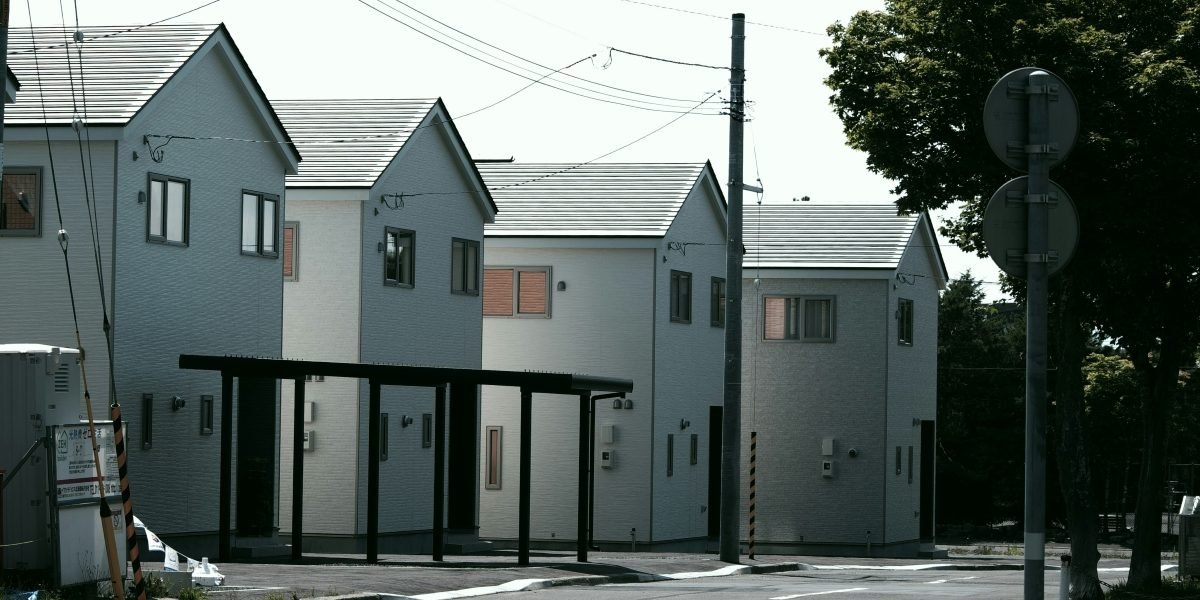Affordable housing has reached a breaking point. Rents continue to rise, wages remain stagnant, and housing supply can’t keep pace with demand, especially for low-income families, working-class Americans, and seniors living on fixed incomes. For decades, the U.S. has struggled with the question: Where will people live when traditional housing becomes inaccessible?
A quiet but useful answer is gaining traction—mobile home parks.
Long stigmatized and misunderstood, mobile home communities are emerging as one of the most viable, cost-effective, and community-focused solutions to the housing crisis. With lower development costs, faster timelines, and increasing resident ownership models, mobile home parks are rewriting the narrative of what affordable living can—and should—look like.
A Modern Solution to a Worsening Crisis
The current housing landscape is marked by unaffordability. According to recent data, over 11 million renters spend more than 50% of their income on housing. New construction is expensive and slow, and government subsidies, while helpful, aren’t enough to close the growing gap.
Meanwhile, modern manufactured homes—modern iterations of which can be indistinguishable from stick-built houses—are structurable within mobile home communities for a fraction of the cost and time it takes to build traditional housing. These homes are safer, more energy-efficient, and more durable than ever before, yet public perception still lags decades behind.
Why Mobile Home Parks Work
Unlike large-scale apartment developments or sprawling suburban neighborhoods, mobile home parks offer greater flexibility for both developers and residents. They can be developed or expanded more rapidly due to simpler infrastructure requirements and more lenient zoning in certain jurisdictions. More importantly, they offer stability. Residents are typically homeowners who rent the land beneath them, which encourages long-term investment in the community.
Even more powerful are resident-owned communities (ROCs), where tenants collectively purchase the land their homes sit on. This model not only enhances equity and stability for residents but also fosters stronger local networks and increased civic engagement. These communities often experience lower turnover, higher satisfaction, and improved property upkeep, dispelling myths of neglect or instability.
A Responsible Investment Model
Walter Johnson, founder of Sonos Capital, has been at the forefront of reshaping how investors view mobile home parks. With over two decades of experience in multifamily and land development, Johnson has shifted his focus to educating others on the often-overlooked power of manufactured housing.
“Mobile home parks have always had strong fundamentals, but the perception gap has limited their role in solving housing,” Johnson explains. “We’re showing investors—and policymakers—that these communities are a win-win for affordability and returns.”
Policy Support and Nonprofit Partnerships
Forward-thinking local governments and nonprofits are beginning to recognize the value of mobile home communities as essential affordable housing infrastructure. Municipalities in states like New Hampshire and Colorado have passed legislation supporting ROC conversions, while organizations like ROC USA provide funding and technical assistance to resident groups.
Still, broader federal and state policies are needed to scale this model truly. Streamlined zoning processes, access to grants for infrastructure upgrades, and tax incentives for resident ownership would accelerate adoption and further establish mobile home parks as a cornerstone of housing policy.
A Shift in Perspective
It’s time to rethink what affordable housing looks like. Mobile home parks aren’t a last resort or a temporary fix—they’re a responsible, community-rooted solution hiding in plain sight.
They meet people where they are: offering dignity, stability, and a path to ownership in a housing market that increasingly feels out of reach. As cities and investors alike search for scalable answers to the housing crisis, mobile home parks deserve a louder voice in the conversation—and a larger seat at the table.
Disclaimer: The information provided is for general informational purposes only and should not be considered as professional advice. Readers are encouraged to consult with relevant experts and authorities before making decisions based on the content discussed.








